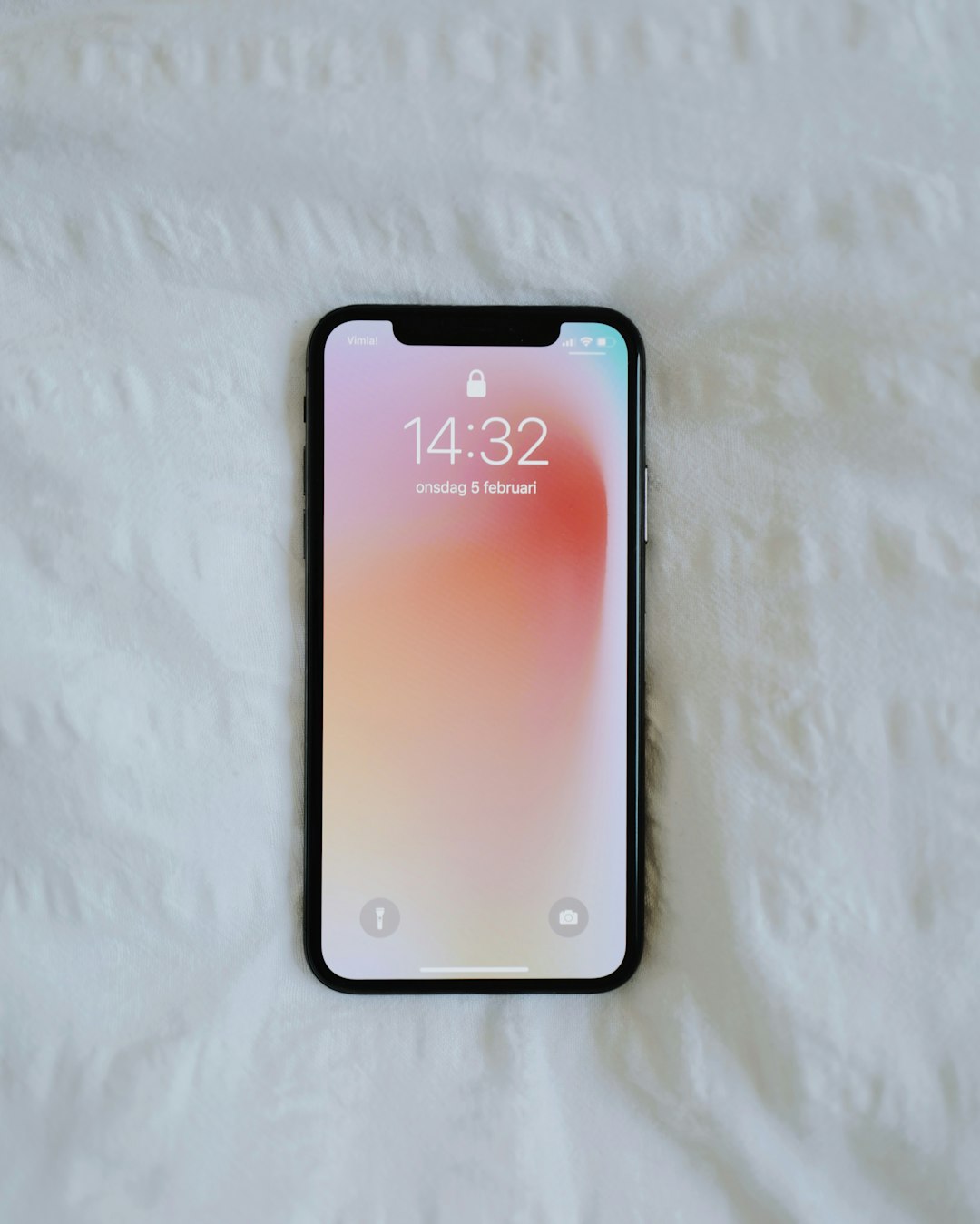In Indiana, robocalls are regulated by the Telephone Consumer Protection Act (TCPA). Residents can sue for damages if their consent wasn't obtained and experience harm or economic loss. Unwanted calls can be reported to the FTC and Indiana Attorney General's Office. Legal action may include compensation for violations of TCPA rules. Consulting with a legal professional is recommended to understand rights and potential compensation regarding Can I Sue For Robocalls in Indiana.
In the digital age, robocalls have become a ubiquitous yet unwanted nuisance. This guide aims to equip every Indiana resident with the knowledge they need to navigate this modern challenge. We’ll explore the ins and outs of robocalls in Indiana, their legal status, and your rights as a consumer. Learn effective strategies to stop receiving them and discover if you have grounds to sue for robocalls in Indiana based on state laws.
Understanding Robocalls in Indiana

In Indiana, as in many states across the country, robocalls have become an increasingly common nuisance. These automated phone calls, often promoting products or services and using prerecorded messages, can be legally protected under certain circumstances. However, they’re not always harmless; some robocalls are fraudulent attempts to gather personal information or scam people out of money.
Indiana residents who believe they’ve received illegal or harassing robocalls may have recourse. Understanding the rules governing these calls is crucial. In Indiana, the Telephone Consumer Protection Act (TCPA) provides protections against certain types of automated phone calls. If a company has not obtained your explicit consent to make prerecorded calls, you may have the right to sue for damages. “Can I sue for robocalls in Indiana?” is a valid question if the calls are causing harm or economic loss.
Are Robocalls Legal in Indiana?

In Indiana, robocalls are regulated by the Telephone Consumer Protection Act (TCPA), which sets restrictions on automated phone calls for marketing purposes. While many states have specific laws against robocalls, Indiana’s primary focus is on do-not-call lists and consumer consent. The good news for Indiana residents is that robocalls are generally legal if they comply with these regulations. Businesses must obtain explicit permission from consumers before making automated calls for marketing or telemarketing activities.
If you’re receiving unwanted robocalls, you have options. Indiana law allows residents to file complaints with the Federal Trade Commission (FTC) and the Indiana Attorney General’s Office. Furthermore, if a business violates TCPA rules by calling you without consent, you may be able to sue for damages, including monetary compensation for each violation. This includes the potential to recover costs associated with Can I Sue For Robocalls Indiana, providing relief from relentless robocallers.
Your Rights Against Robocalls

In Indiana, residents have certain rights when it comes to dealing with robocalls. While it can be frustrating and even illegal for businesses and telemarketers to make unsolicited automated calls, there are steps you can take to protect yourself. If a robocall violates your privacy or is part of a scam, you might have legal options.
If you feel a robocall was made without your consent or in violation of Indiana’s regulations, you can file a complaint with the Federal Trade Commission (FTC) and the Indiana Attorney General’s Office. Additionally, if the call caused you significant harm or financial loss, you may be able to take legal action against the caller, potentially seeking compensation through a lawsuit. Consult with a legal professional to understand your rights and options regarding Can I Sue For Robocalls in Indiana.
How to Stop Receiving Robocalls

Many Indiana residents find themselves on the receiving end of unwanted robocalls, but there are steps you can take to reduce their frequency. The first line of defense is to register your phone number with the National Do Not Call Registry. This federal list restricts telemarketers from calling registered numbers without prior consent. Additionally, most smartphone operating systems offer built-in call blocking features that can be tailored to prevent specific numbers or types of calls.
Beyond these basic measures, Indiana law provides certain protections against robocalls, including restrictions on when and how businesses can contact consumers. If you believe your rights have been violated, such as receiving calls after registering with the Do Not Call Registry, you may have legal recourse. Consulting with a consumer protection attorney or reviewing relevant state laws could determine if you have grounds to take action, including potentially suing for robocalls in Indiana.
Can I Sue For Robocalls Indiana?

In Indiana, as in many other states, robocalls are regulated by federal and state laws designed to protect residents from unwanted and deceptive calls. If you’re receiving repeated robocalls, there are steps you can take, including registering your number on the National Do Not Call Registry and reporting the calls to the Federal Trade Commission (FTC).
While these measures help, they don’t always stop the calls entirely. If you believe you’ve been harmed by false or deceptive robocalls—for example, if they include scams or phishing attempts—you may have legal recourse. Indiana residents can explore their options by consulting with consumer protection attorneys who specialize in handling robocall lawsuits. The ability to sue for robocalls varies based on the specific circumstances and local laws, so it’s crucial to seek professional advice to understand your rights and potential compensation under Indiana law.






